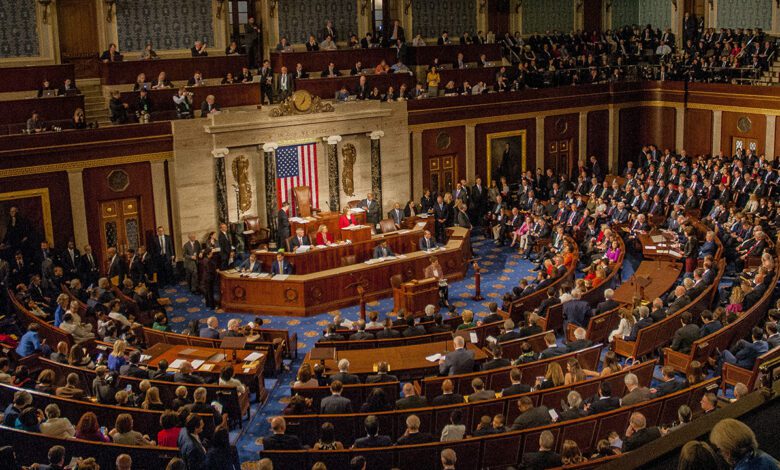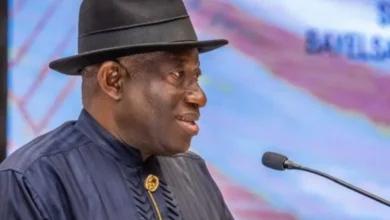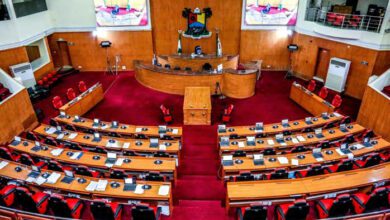US Congress passes bill to avert govt shutdown


The US Congress averted a Christmastime government shutdown early Saturday after weeks of tense negotiations that went down to the wire, passing a bill to fund federal agencies through mid-March.
With the midnight deadline already expired by minutes, senators dropped normal procedure to fast-track the package to a vote, halting government shutdown preparations and saving Christmas for more than 800,000 workers at risk of being sent home without pay.
“It’s good news that the bipartisan approach in the end prevailed… It’s a good outcome for America and the American people,” Democratic Majority Leader Chuck Schumer said in a speech on the Senate floor.
The Democrats run the Senate, so there was never much doubt that the funding package would get a rubber stamp after the party was crucial in helping the Republican majority in the House pass the bill earlier in the day.
But with senators often dragging their feet over complex legislation, there were fears that the funding fight might spill into next week.
That would have meant non-essential operations winding up, with up to 875,000 workers furloughed and as many as 1.4 million more required to work without pay.
Congress’s setting of government budgets is always a fraught task, with both chambers closely divided between Republicans and Democrats.
President-elect Donald Trump and tech billionaire Elon Musk, his incoming “efficiency czar,” created much of the drama this time around by pressuring Republicans in an 11th-hour intervention to renege on a funding bill they had painstakingly agreed with Democrats.
Two subsequent efforts to find compromise fell short, leaving Republican House Speaker Mike Johnson at the last chance saloon as he spent much of Friday huddling with aides to find a way to keep government agencies running.
If the funding bill had failed, non-essential government functions would have been put on ice. Employees in key services like law enforcement would have continued working but would only have been paid once government functions were back up.
Many parks, monuments and national sites would have closed at a time when millions of visitors are expected.




